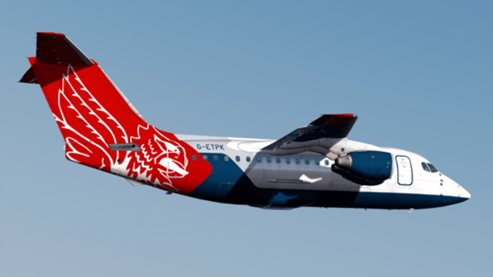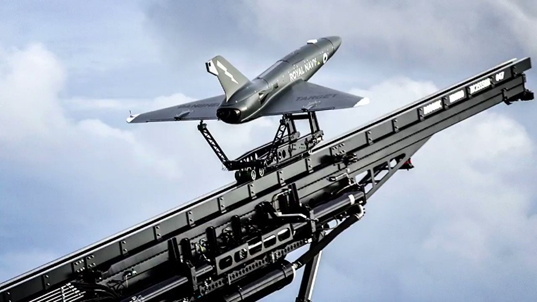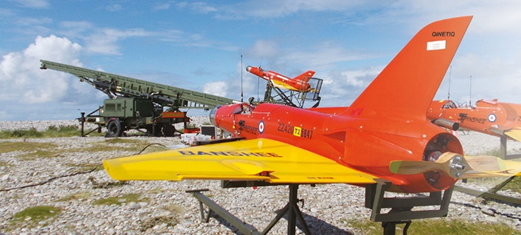Over the past 30 years there has been a rise in what could be termed “non-traditional air threats”, as non-state actors become key participants in global events. These air threats could impact military operations or wider civil society across a broad risk spectrum of relative likelihood and scale of potential impact. It includes threats such as renegade airliners, where the aircraft and passengers are the weapon and the goal is maximising the terror effect, light aircraft used for surveillance, interference activities or delivery of small-scale ordnance, and small RPAS platforms that for minimum cost can hinder strategic activities or gather sensitive information.
In ensuring that frontline forces are prepared for any eventuality the increase in the utilisation of these non-traditional platforms presents a significant, ongoing and ever changing training challenge. Key to solving this is the creation of flexible training solutions which can respond as different threats emerge. This will enable Next Generation Operational Armed Forces to deal with activities across the spectrum, from high end warfighting against peer opponents to mitigating the impact of asymmetric activities undertaken by non-state actors.
Rob Laidlar, Head of Air Domain for QinetiQ Training and Mission Rehearsal, described that “…utilisation of spare capacity within existing fleets of aircraft could be a way of flexibly supporting non-traditional training tasks…. there is a reduced need to procure specialist or specific capabilities if available platforms can successfully replicate the required threats”. This leveraging of current assets fits neatly into the QinetiQ proposition of “Create-Test-Use”, enabling maximum utilisation of standing capabilities by creatively employing them to fulfil a range of both standard and novel tasks.
This approach would build on efficiencies created by the bringing together of the traditionally separate areas of Training and Test & Evaluation. Indeed, QinetiQ recently relaunched the LTPA (Long Term Partnering Agreement) as the T3E (Test, Trials, Training and Evaluation) service, highlighting how capabilities previously thought of as specific test assets can be effectively employed in operational training functions, and vice versa. The majority of these assets, capabilities, services and facilities are available in the UK under T3E, which is funded centrally by the MOD for use by Front Line Commands, who then cover activity specific costs. Examples of traditional Test and Evaluation assets which are available under long term enabling contracts and which could be utilised in training include the below platforms.




There will always be a need for niche enablers for training tasks where spare extant capacity or specific capabilities is unavailable. However, where possible, the flexible use of spare capacity within existing platforms, secured from a range of sources, would provide the frontline user real training utility, whilst simultaneously ensuring the most efficient utilisation of assets.
For any enquiries please contact: TMR@QinetiQ.com.